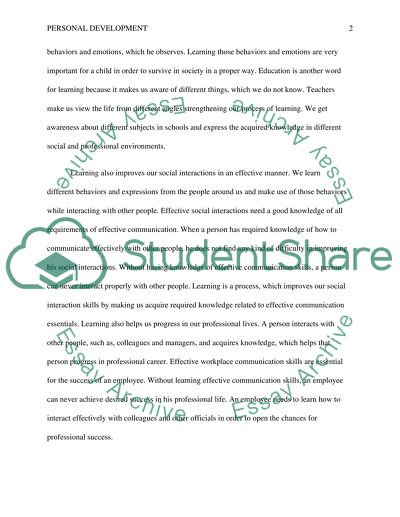Cite this document
(“Personal development Essay Example | Topics and Well Written Essays - 3000 words”, n.d.)
Retrieved from https://studentshare.org/environmental-studies/1417916-personal-development
Retrieved from https://studentshare.org/environmental-studies/1417916-personal-development
(Personal Development Essay Example | Topics and Well Written Essays - 3000 Words)
https://studentshare.org/environmental-studies/1417916-personal-development.
https://studentshare.org/environmental-studies/1417916-personal-development.
“Personal Development Essay Example | Topics and Well Written Essays - 3000 Words”, n.d. https://studentshare.org/environmental-studies/1417916-personal-development.


